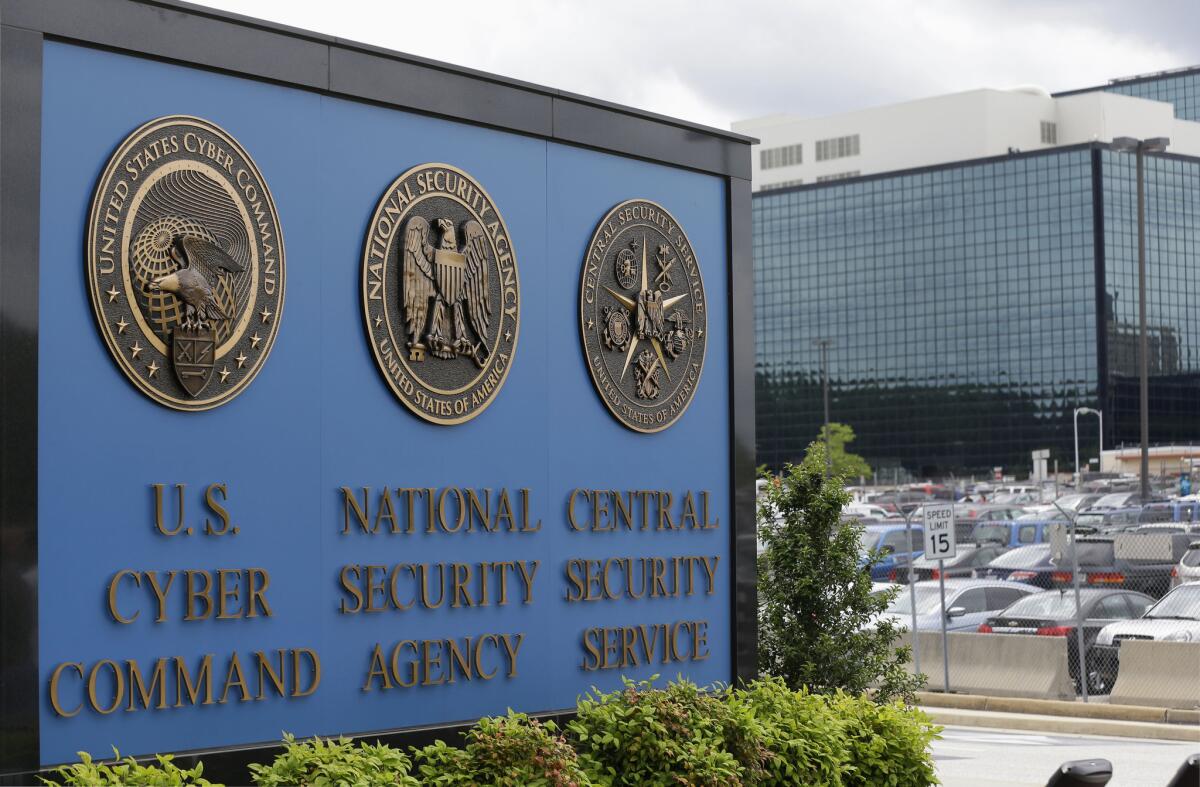The NSA vs. the Constitution

Six months after Edward Snowden revealed that the National Security Agency was indiscriminately collecting the phone records of Americans and holding on to them for years for possible use in terrorism investigations, a federal judge has rightly ruled that the program probably violates the 4th Amendment’s ban on unreasonable searches and seizures.
In a powerful opinion released Monday in Washington, U.S. District Judge Richard J. Leon castigated what he called an “almost-Orwellian technology that enables the government to store and analyze the phone metadata of every telephone user in the United States.” Yet Leon also noted that the government had not cited “a single instance” in which the data had stopped an imminent attack.
Leon is only one judge, and his opinion differs from conclusions reached by other judges regarding the legality of the NSA’s bulk collection of metadata: information about the source, destination and duration of telephone calls. Even as he granted the plaintiff’s request for a preliminary injunction, he stayed his ruling pending an appeal by the government because of “the significant national security interests at stake in this case and the novelty of the constitutional issues.” So this was hardly the last word.
YEAR IN REVIEW: Highs, lows and an ‘other’ at the Supreme Court
Nonetheless, Leon’s opinion is significant because it takes on — and effectively refutes — the government’s principal argument for the constitutionality of the program: that under a 1979 Supreme Court decision, individuals have no reasonable expectation of privacy in information they turn over to third parties such as telephone companies. In that case, police, over a brief period, had used a device known as a pen register to determine that a suspect was dialing a particular number. That operation, Leon noted, “in no way resembles the daily, all-encompassing, indiscriminate dump of phone metadata that the NSA now receives.”
Moreover, Leon argued, the court in 1979 couldn’t have anticipated the explosion in the use of cellphones and the quantity and nature of the personal information they generate. “Put simply,” he wrote, “people in 2013 have an entirely different relationship with phones than they did 34 years ago.”
At least some members of the Supreme Court recognize that the doctrine of privacy developed in the 1970s needs to be reexamined. Last year, Justice Sonia Sotomayor wrote that the court’s current approach to privacy was “ill-suited to the digital age.” If a federal appeals court were to endorse Leon’s sound reasoning, the Supreme Court would have an opportunity to bring its interpretation of the 4th Amendment into the 21st century.
More to Read
A cure for the common opinion
Get thought-provoking perspectives with our weekly newsletter.
You may occasionally receive promotional content from the Los Angeles Times.










